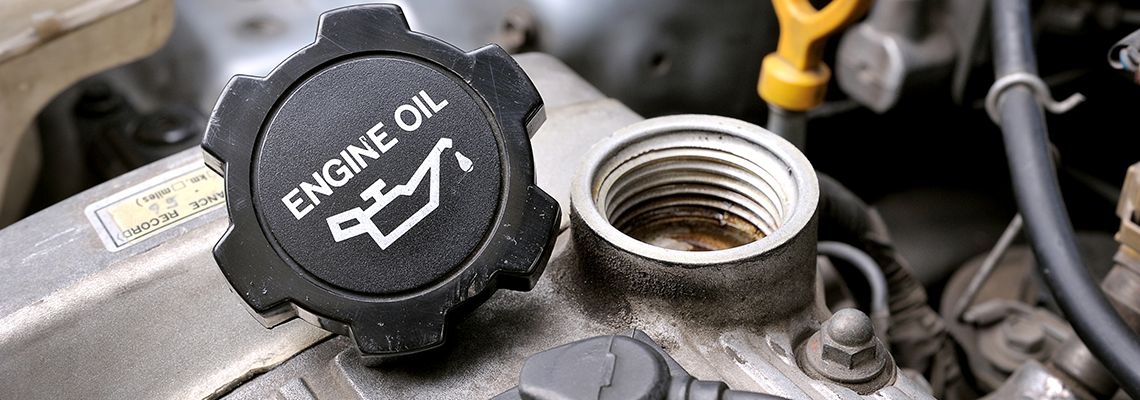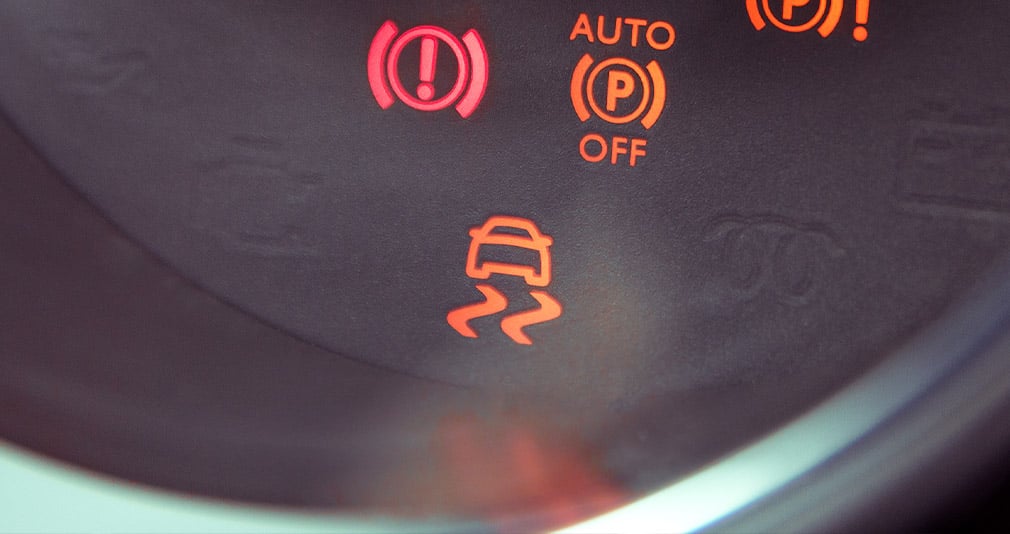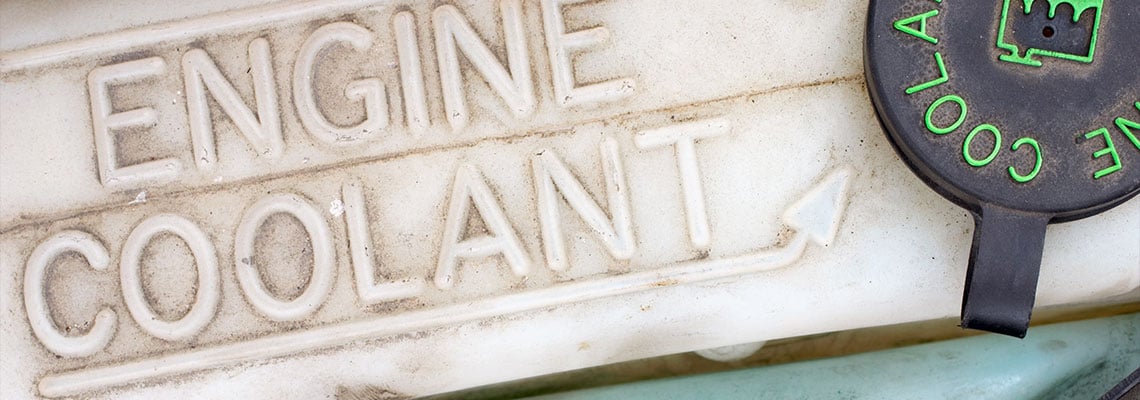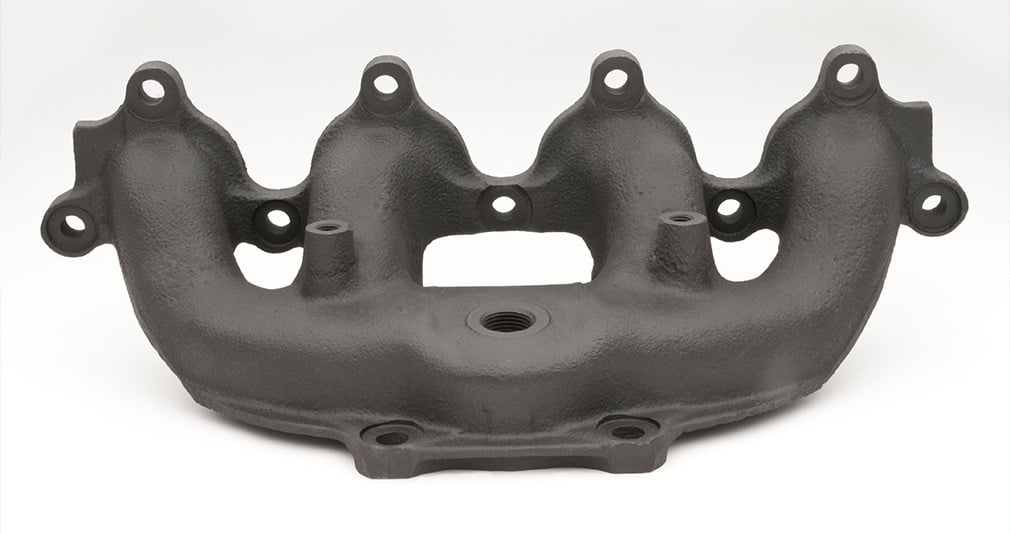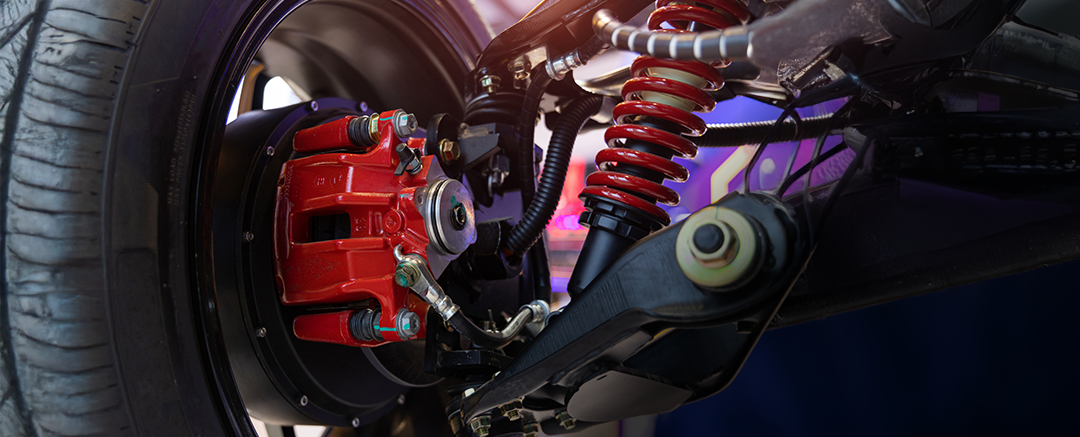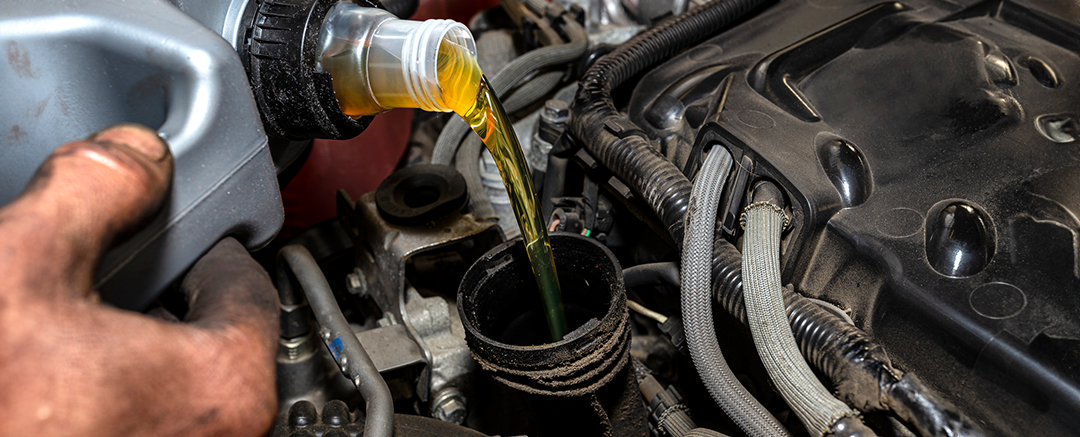Every car owner wants to know how to maintain his or her car and extend its engine life. Oil plays a critical role in the overall health of your engine and should be an important part of your car’s overall routine care.
Your engine’s oil has two main purposes: to lubricate all the moving parts in the engine to reduce friction and to protect all the metal surfaces from corrosion and rust. To do its job effectively, most oils need help from chemical additives, which help improve oil’s viscosity, or thickness, so it can flow more easily through the engine.
Manufacturers already include most essential additives in modern oil, so you don’t always need to add them. But many auto parts stores still advertise and sell multiple additives promising to improve your engine’s performance, give you better gas mileage and extend the life of your engine. The question is, do these additives really work?
When it comes to deciding how to maintain your car in the long run, what should you know about oil additives?
Oil Additives and Viscosity
Oil viscosity refers to the thickness of an engine’s oil. If it is too high, the oil is too thick and doesn’t flow easily through the engine and can cause everything to “gum up.” If the viscosity is too low, the oil moves through the engine too quickly without having time to adequately coat all of the engine’s critical parts.
Oil viscosity can change as the temperature of the engine — or the weather outside — rises and falls. Low temperatures cause oil to become more viscous, while high temperatures cause oil to become less viscous. This change in viscosity related to temperature is known as the oil’s viscosity index.
Viscosity index improvers (VIIs) are additives that come standard in most of today’s motor oils and stabilize the change in viscosity to a normal range, so your oil is efficient all the time and at any temperature.
Rust inhibitors — and sometimes zinc — are also added to oil to protect metallic surfaces within an engine from corroding, while detergents and dispersants break up all the sludge that builds up in an engine over time.
Do You Really Need More Additives?
The truth is, the benefit of most oil additives is a hotly debated topic. Many mechanics believe that aftermarket oil additives — on top of what is already included in quality motor oil — don’t really do anything to enhance the performance or extend the life of your car’s engine. Recent industry research agrees.
The efficacy of oil treatments simply has not been proven scientifically. In fact, the Federal Trade Commission has even charged some motor oil additive marketers for making false and unsubstantiated claims about what their products can do to enhance engine performance.
Generally speaking, if you use quality motor oil that meets the manufacturer’s specifications for your engine, the additives you need are already included. Adding more chemicals and supplements to your oil may even cause harm by upsetting the delicate balance that has already been carefully crafted by the manufacturer.
Rather than focus on additives that may or may not have a marked impact on your engine’s performance, the best thing you can do to significantly extend the lifetime and long-term performance of your car is regular preventive oil changes and maintenance, and remembering to change filters according to the manufacturer’s recommendation.
Many parts and systems on your car are closely connected. By having your oil changed regularly and regularly scheduling inspections, your mechanic can catch serious issues before they lead to even more expensive repairs down the road.
Finding a Primary Auto Mechanic
A primary mechanic that you know and trust can provide valuable advice on everything from oil additives and oil changes to brake jobs and major car repairs.
Finding a mechanic and auto repair shop you trust and building a long-term relationship with them provides you with peace of mind when you have car maintenance questions. Because a primary mechanic knows your car’s full history, he can more easily diagnose problems and recommend affordable repairs.
And when you need a repair or service that can’t be performed in-house, your primary mechanic can recommend a qualified professional with a good reputation.
Rainbow Muffler & Brake provides full-service oil changes and maintenance services, complete with a diagnostic checklist to identify potential problems. To learn more about how Rainbow Muffler & Brake can serve as your one-stop shop for your auto maintenance in Cleveland, Ohio. Stop by one of our six locations today. Our Broadway Ave. mechanics, Nottingham Rd. auto technicians, and the experts at other four locations are waiting for your call!

